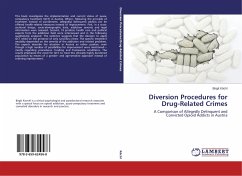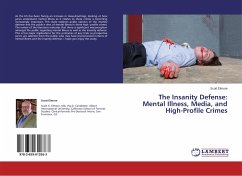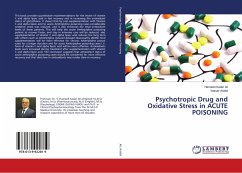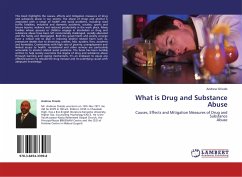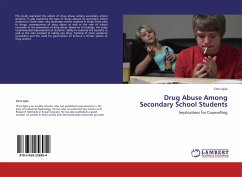This book investigates the implementation and current status of quasi-compulsory treatment (QCT) in Austria. Where, following the principle of treatment instead of punishment, (allegedly) delinquent addicts can be offered health-related measures instead of imprisonment. First, in a cross-sectional design, socio-demographic data, addiction severity and legal information were assessed. Second, 19 juridical, health care and political experts from the addiction field were interviewed and in the following qualitatively analyzed. The evidence suggests that the decision to apply QCT relied on the presence of only narcotics crimes. The specific treatment modality depended on the severity of the addiction and related problems. The experts describe the situation in Austria as rather positive, even though a high number of possibilities for improvement were mentioned-mostly regarding procedures, funding and framework conditions. The results emphasize the need for QCT to treat this clinicallyhighly burdened population by means of a gender- and age-sensitive approach instead of ordering imprisonment.

